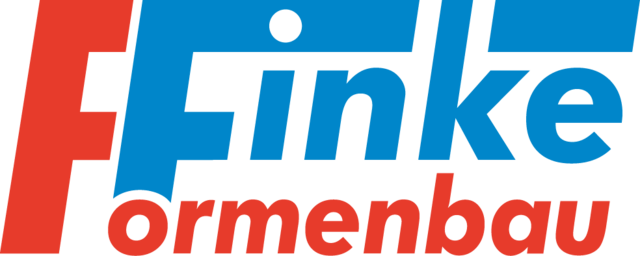Unser hochmoderner Maschinenpark garantiert höchste Qualität
Durch die nahtlose Integration mit unserer CAM-Abteilung und präzise Abstimmungen mit unseren Fräsprogrammierern gewährleisten wir eine herausragende Präzision und Effizienz in unseren Fertigungsverfahren. Mit unserem umfangreichen Maschinenpark, bestehend aus 22 Metall- und 4 Graphitfräsanlagen sowie dem Einsatz modernster 5- Achs-Frästechnologie, erreichen wir verkürzte Werkzeugdurchlaufzeiten.
